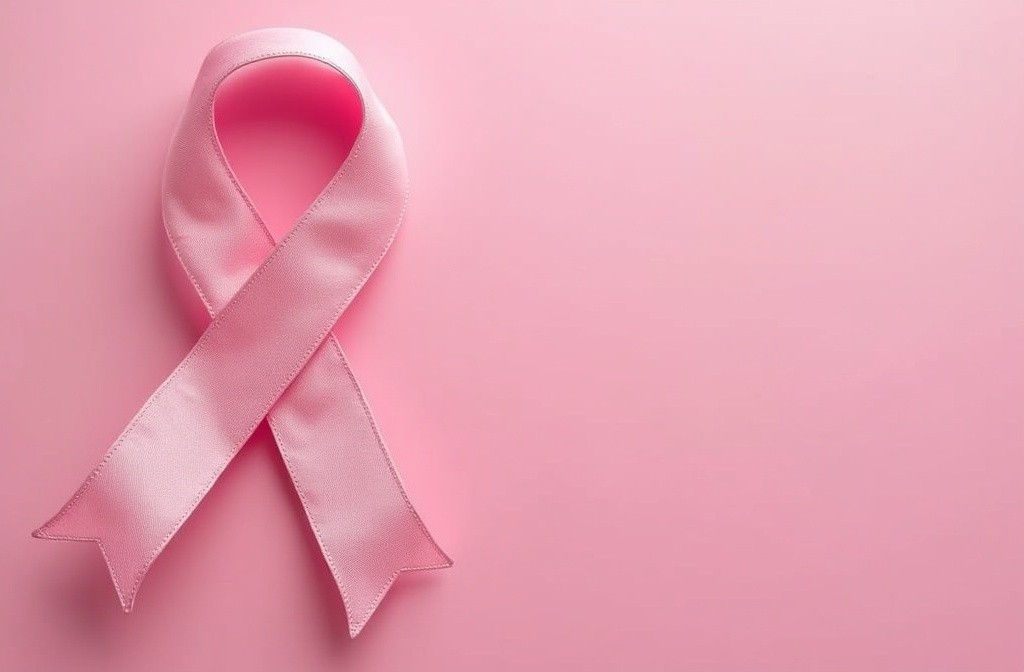Triple-Negative Breast Cancer (TNBC) represents a particularly aggressive form of breast cancer that lacks the three most common types of receptors known to fuel most breast cancer growth—estrogen, progesterone, and the HER-2/neu gene. Without hormone receptors, TNBC does not respond to hormonal therapies, making it a challenge to treat. This article delves into the underlying causes, available treatment options, and potential prevention strategies for Triple-Negative Breast Cancer.

What is Triple-Negative Breast Cancer?
Triple-Negative Breast Cancer is a subtype of breast cancer characterized by the absence of estrogen and progesterone receptors, as well as the HER2 protein. This means that the cancer cells test negative for these three specific receptors, which distinguish TNBC from other breast cancer types. It accounts for about 10-20% of all breast cancers, and it is more likely to occur in younger women, African American women, and those with a BRCA1 gene mutation.
The lack of targeted treatments makes TNBC a unique challenge in the oncology field. Unlike other breast cancer types that may benefit from hormone therapy, TNBC requires alternative treatment approaches. Research is ongoing to better understand the mechanisms behind the aggressive nature of TNBC and to develop innovative therapies.
For a comprehensive understanding of TNBC, readers can explore the insights shared by MD Anderson Cancer Center on Triple-Negative Breast Cancer: 7 Things You Should Know.
Cancer Treatment Options
The treatment landscape for Triple-Negative Breast Cancer is continuously evolving, as researchers work to identify effective strategies to combat this challenging disease. Current treatment options include:
- Chemotherapy: As the most common treatment for TNBC, chemotherapy remains integral in managing the disease. It can be administered before surgery (neoadjuvant chemotherapy) to shrink tumors or after surgery (adjuvant chemotherapy) to target any remaining cancer cells. The chemotherapy drugs used are typically more aggressive due to the cancer's fast-growing nature.
- Surgery: Surgical options such as lumpectomy or mastectomy are used, often in conjunction with chemotherapy, depending on the size and location of the tumor. The choice of surgery depends on several factors, including the stage of the cancer and patient preferences.
- Radiation Therapy: Post-surgical radiation therapy aims to eliminate residual cancer cells, especially when lumpectomy is performed. It is a critical step in reducing the risk of recurrence in TNBC patients.
- Immunotherapy: Immunotherapy is an emerging treatment modality showing promise for TNBC patients. Drugs like checkpoint inhibitors are designed to help the immune system recognize and destroy cancer cells. Clinical trials are actively exploring the efficacy of these treatments in combination with chemotherapy.
- Targeted Therapy: While TNBC lacks traditional hormone targets, research is identifying new potential targets such as the BRCA genes for which PARP inhibitors may be useful. These drugs block an enzyme used by cancer cells to repair DNA damage, offering hope for patients with certain genetic profiles.
For more detailed treatment options and their limitations, consider reading the exploration by Mayo Clinic on Understanding Triple-Negative Breast Cancer and Its Treatment.
How To Prevent Breast Cancer
Although no foolproof method exists to prevent Triple-Negative Breast Cancer, understanding risk factors and adopting certain lifestyle choices can help mitigate the risk. Here are some strategies:
- Genetic Counseling and Testing: For individuals with a family history of breast cancer or known genetic predispositions (such as BRCA1 mutations), genetic counseling and testing can provide valuable insight. Identifying high-risk individuals allows for earlier intervention and surveillance.
- Lifestyle Modifications: Adopting a healthy lifestyle can potentially reduce cancer risk. This includes maintaining a balanced diet, regular physical activity, and a healthy weight. Limiting alcohol consumption and avoiding tobacco use are also recommended.
- Regular Screenings: Early detection through regular breast cancer screenings, such as mammograms and clinical breast exams, is crucial for all types of breast cancer. Early-stage detection typically leads to more successful treatment outcomes.
- Avoiding Known Risk Factors: Environmental factors and certain medications have been linked to an increased risk of developing breast cancer. Being informed and cautious about these potential risks can aid in prevention.
Despite preventive measures, the unpredictable nature of TNBC necessitates continuous research and innovation. Clinical studies are exploring various preventive strategies and their impact, making it crucial for at-risk individuals to stay informed about new developments.
For further reading on treatment options and limitations specific to TNBC, the article available on the PubMed Central platform provides comprehensive insights: Triple Negative Breast Cancer Treatment Options and Limitations.
Conclusion
Triple-Negative Breast Cancer presents a formidable challenge in oncology due to its aggressive nature and lack of targeted hormonal treatments. Understanding the intricacies of the disease is essential for both patients and healthcare providers to navigate the complexities of diagnosis and treatment.
While chemotherapy, surgery, and radiation remain the cornerstone treatments, the advent of immunotherapy and targeted therapies offers hope for improved outcomes. Continued research into the genetic and environmental factors influencing TNBC is vital in developing effective prevention strategies and more individualized treatment plans.
Staying informed and engaged with the latest research, participating in clinical trials, and considering lifestyle modifications can empower individuals to take proactive steps in managing their health. As the medical community advances in its understanding of Triple-Negative Breast Cancer, the prospects for effective management and eventual prevention continue to improve.



